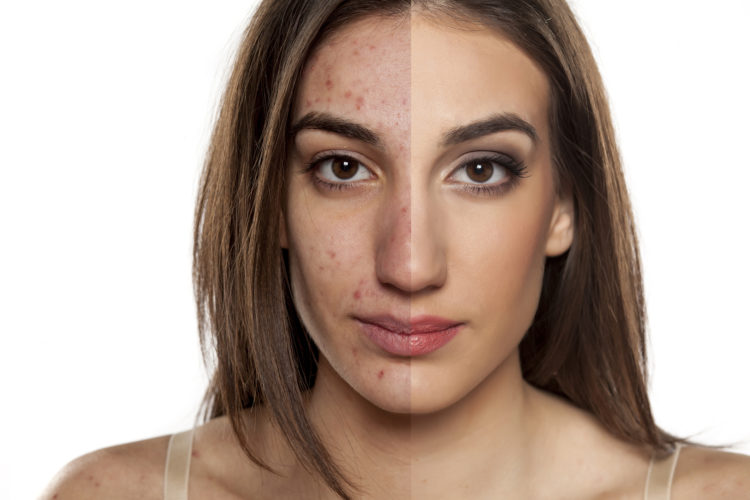FAQs About Folliculitis

Folliculitis is an inflammatory condition of the skin. Since folliculitis looks much like pimples, it’s difficult for a patient to self-diagnose. If you think you might have a skin condition, it’s best to visit an experienced dermatologist. He or she can confirm the diagnosis and prescribe the medications to treat folliculitis.
What causes folliculitis?
Most often, folliculitis is caused by a skin infection of staph bacteria. Fungi and viruses can also cause it. The infection causes the hair follicles to become inflamed. It’s also possible for the infection to spread. Certain risk factors may increase the likelihood of developing folliculitis. These include:
- Having a medical condition that negatively affects the immune system
- Having dermatitis or acne
- Wearing tight clothing or items that trap heat and sweat
- Soaking in a poorly maintained hot tub
- Having curly hair and shaving
What does folliculitis look like?
There are different types of folliculitis, but it’s generally described as looking like a cluster of small, red bumps or pimples. If the infection spreads beyond the hair follicle, folliculitis can cause pus-filled blisters to form. These may break open develop a crust. Folliculitis can also be itchy, causing tender, painful skin.
How can my dermatologist treat folliculitis?
This depends on how severe your condition is. For mild cases of dermatitis, patients can get good results with antibiotic creams, lotions, or gels that are applied directly to the skin. If your infection recurs or is more severe, your dermatologist may prescribe an oral antibiotic—but only if the infection is caused by bacteria. If the skin condition is caused by a fungal infection, an antifungal cream or shampoo, or antifungal medications can treat it. In some cases, folliculitis resists even oral medications. Your dermatologist may recommend that you consider having laser hair removal to destroy the hair follicles and manage the condition.
Folliculitis is one of the many skin issues we treat here at Swinyer-Woseth Dermatology. Call us at 801-266-8841, and one of our board-certified dermatologists in Salt Lake City can give you an accurate diagnosis and an effective treatment plan. While you’re here, be sure to check out our approved skin care products!
